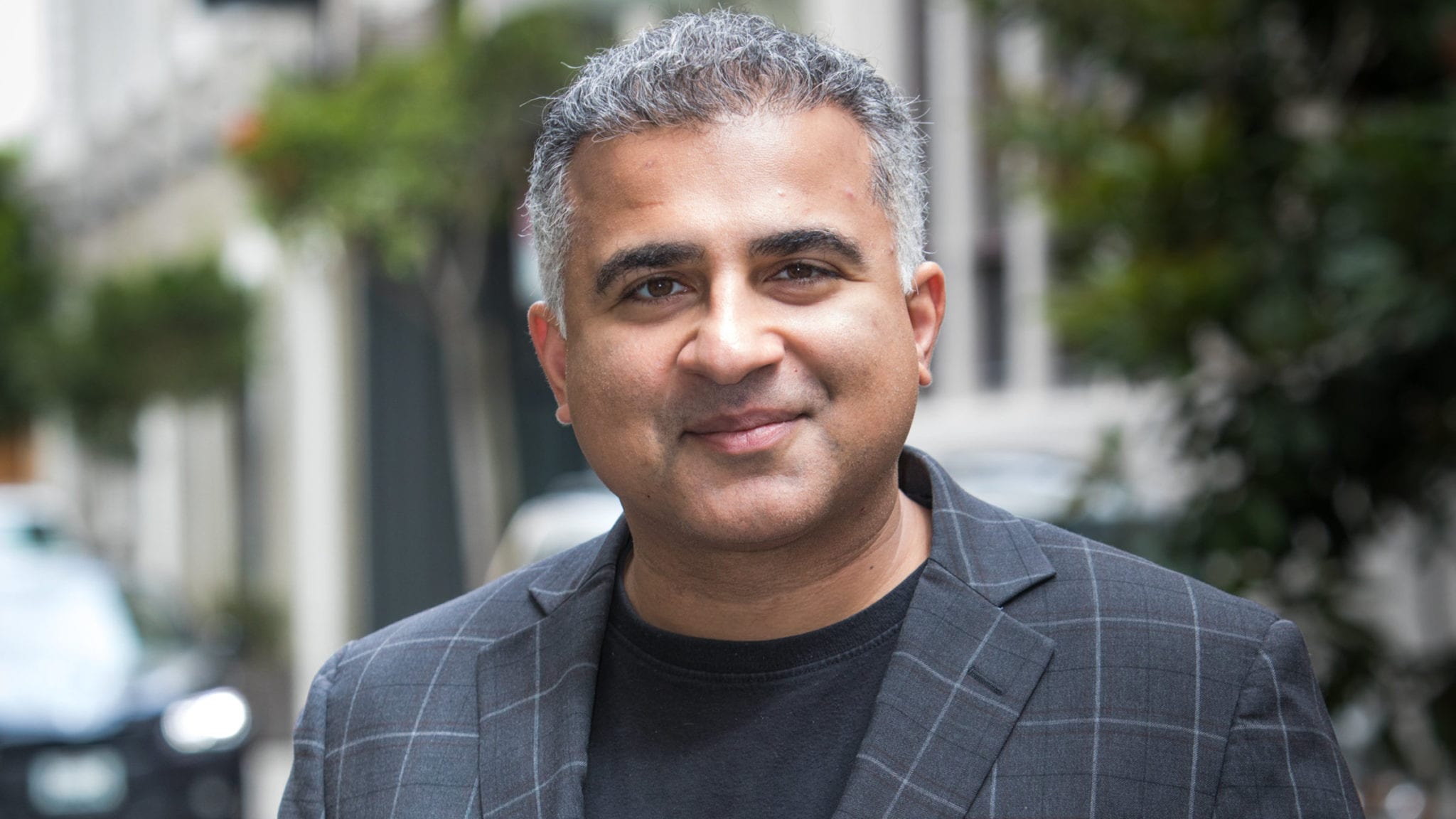
Vik Bajaj (Foresite)
Exclusive: Vik Bajaj set out almost 2 years ago to hatch new companies that would shake up healthcare with data science. Here are 5 directions he's taking at Foresite Labs
If it was clear in late 2019 that the US healthcare system is poised for transformation, Vik Bajaj believes the Covid-19 pandemic rammed the gas …
Sign up to read this article for free.
Get free access to a limited number of articles, plus choose newsletters to get straight to your inbox.